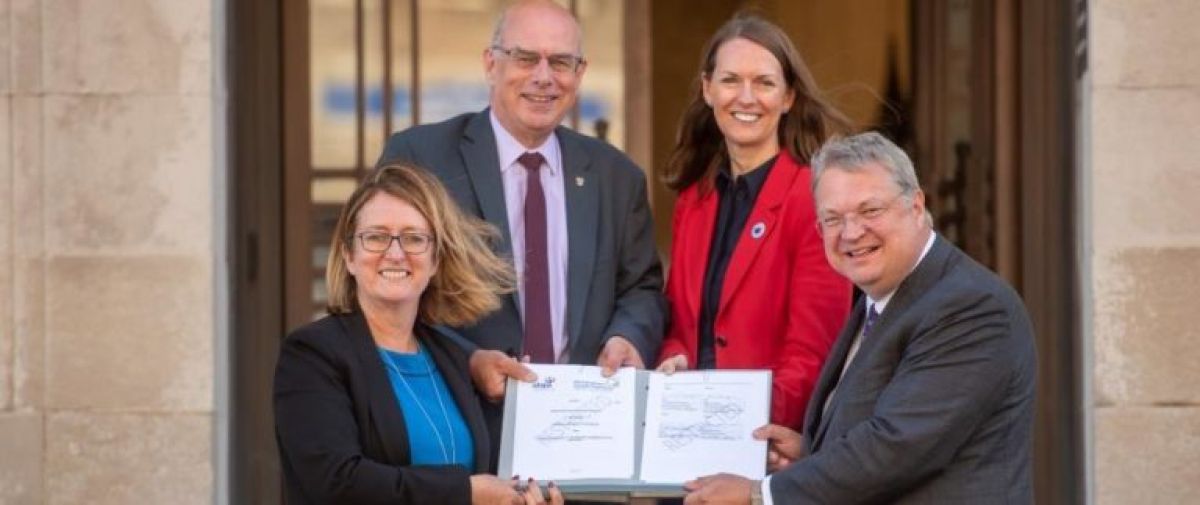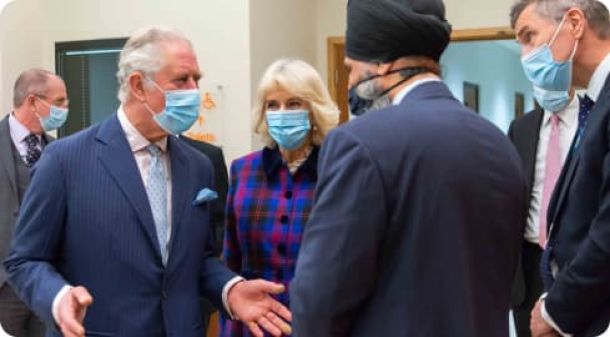
New collaboration will tackle Birmingham’s biggest health challenges

A new collaboration to tackle the biggest health challenges faced by the West Midlands’ six million residents will use real-time clinical trials and health data to speed up research and improve cancer care, maternity services, child health, obesity, and dementia.
Birmingham Health Partners has teamed up with the Association of the British Pharmaceutical Industry (ABPI) and its members to make Birmingham a world leader in the development of precision medicines tailored to patients based on genetic, environmental and lifestyle factors.
The collaboration, founded on a Memorandum of Understanding, will create the Birmingham Health Partners & Industry Steering Group (BHPISG). The MoU was signed today at the Institute of Translational Medicine.
The West Midlands is already building an internationally competitive health and care infrastructure, with BHP at the heart of a collaborative and innovative ecosystem bringing together multidisciplinary clinical-academic teams to deliver on key elements of the Life Sciences Industrial Strategy and West Midlands Local Industrial Strategy.
This new collaboration will play to Birmingham’s strengths in health care data, digitalisation of health care services, genomic medicine, diagnostics and clinical trials and will help address the biggest challenges facing the city and region
The aim is to accelerate the development and adoption of new data-enabled innovations into clinical practice to benefit patients.
The new arrangement will work on four key regional health challenges – chosen because they have national or international relevance and can be scaled up if successful. It will build on the region’s strengths and expertise and the potential for significant economic impact. These are:
- Improving cancer outcomes
- Addressing maternal and paediatric health
- Tackling multimorbidity in an ageing population
- Improving NHS care by matching patient results with ongoing research.







